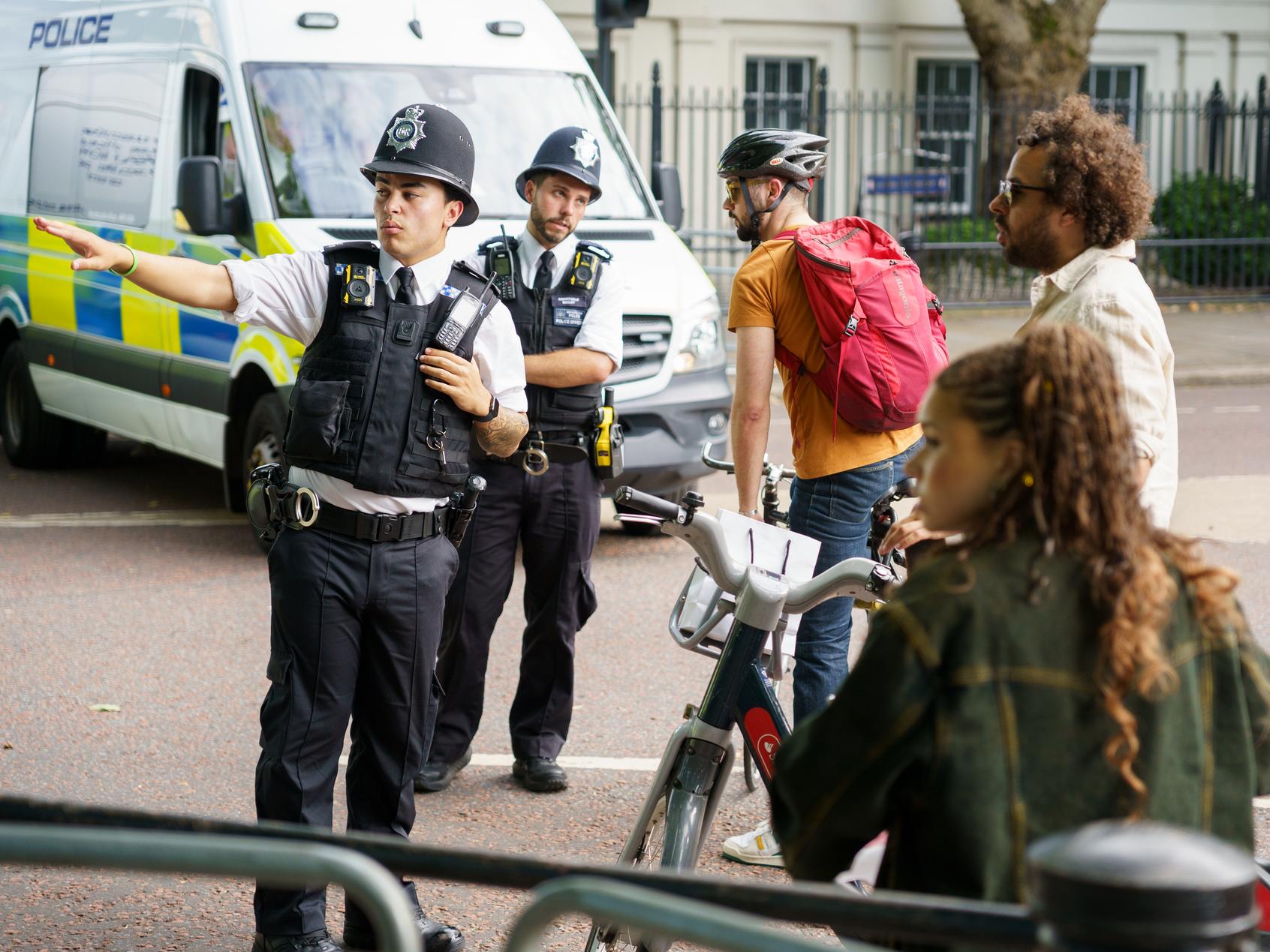
Brian Sims
Editor

Brian Sims
Editor
POLICE SERVICES across Britain are failing to meet the public’s minimum standards of service delivery. That’s according to a new report from researchers at University College London’s Department of Security and Crime Science and the Economic and Social Research Council’s Vulnerability and Policing Futures Research Centre.

For the report, the research team sought the views of members of the public across Britain to establish the minimum standards of service that the public should be able to expect from the police. The survey was informed by focus groups in which participants worked collaboratively to define what’s meant by local policing and the expectations people have around it.
Most individuals who participated in the research said they don’t think that the police service is a visible or engaged presence in their communities.
This news emerges amid the backdrop of well-publicised crises, as well as a lack of public confidence in policing, which (according to some estimates, at last) is at its lowest point for 15 years.
Damage to trust and confidence
Professor Ben Bradford, lead author of the report, stated: “The results of the survey show that public confidence in policing is currently tenuous at best. This lack of confidence is strongly linked to a sense that the police service often fails to achieve what people expect of it.”
Bradford added: “While recent high-profile events have clearly damaged trust and confidence, at least as important is the everyday policing that people experience in their communities. Many feel police officers are not present and engaged, don’t provide an adequate response to calls for assistance and are failing to build appropriate relationships with all parts of the community.”
In order to find out whether the public thinks the police service is achieving the minimum standards of service delivery, the new survey of 1,484 respondents in England, Scotland and Wales covered three sets of expectations identified by the focus groups:
*Response: the way in which police officers respond to calls for service, follow up and address crime
*Behaviour and Treatment: the ways in which officers and police organisations treat individuals and communities
*Presence and Engagement: the visibility, presence and engagement of the police in neighbourhoods and communities
Respondents found the police to be failing across all three areas. In the figures released in the new report, only four of 18 questions achieved a positive response rate of 50% or more.
In the ‘Response’ theme, there were low levels of confidence that police deal effectively with violent crimes (41%), respond quickly (31%), prioritise the crimes most affecting communities (30%) and provide adequate follow-up after crimes have been reported (27%).
In the ‘Behaviour and Treatment’ theme, the public had relatively high levels of confidence that police are professional (74%) and would treat people with respect (60%), but less than half of respondents thought that the police service provides good role models of behaviour (45%), builds relationships with the community (42%) and harbours good relationships with young people (32%).
In terms of ‘Presence and Engagement’, most people agree that the police service is responsive to the local community (61%), but only a quarter said that the police provides a visible presence (25%).
Focus group findings
The new survey builds on previous research conducted with focus groups in four locations in England (ie Leeds, Lancaster, Lichfield and London). The focus groups were designed to engage members of the public to identify ‘good’ or ‘effective’ local policing, develop an agreed definition of local policing and supply a list of core functions that the public expects the police to fulfil in order to establish ‘minimum standards of service delivery’.
Professor Bradford explained: “The focus groups that we conducted have highlighted that the public is more interested in the community aspects of policing than in the police’s ability to tackle crime, though this was also important, and particularly so for violent crimes.”
Bradford continued: “It’s clear that factors like visibility, contactability, respect and empathy are important to people when it comes to their relationship with the police service. It’s not just about what the police do to tackle crime. It’s also about how they do it.”
Participants did recognise the financial and other constraints under which the police service currently operates, however, and stressed the need for other agencies to intervene or otherwise provide solutions for the longer term.
Scale of the problem
Professor Adam Crawford (co-director of the Vulnerability and Policing Futures Research Centre) has emphasised that the Government should not underestimate the scale of the challenge.
“The Government’s commitment to introduce a new Neighbourhood Policing Guarantee as a vehicle for restoring public trust represents a potential step in the right direction,” said Crawford. “However, our research suggests that, for the police service to meet minimum policing standards, this must be accompanied by a drive to improve the quality of interactions between the police and the public, not only in terms of neighbourhood police, but also when it comes to ensuring that the public experiences procedural fairness, active engagement with communities and responsiveness to their calls for assistance.”
Crawford concluded: “Given current resource constraints, the feasibility of achieving this requires clearer recognition of the limits to the range of social problems to which the police service is expected to respond.”
Dorset House
64 High Street
East Grinstead
RH19 3DE
UNITED KINGDOM
01342 31 4300